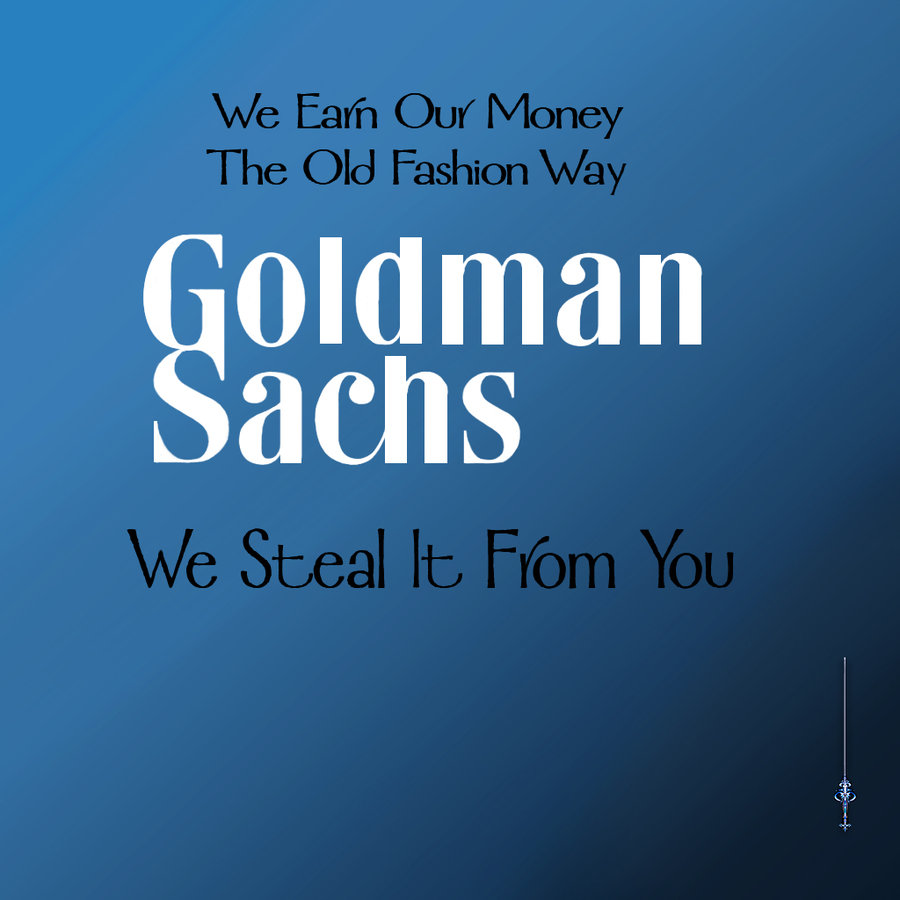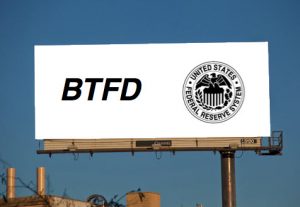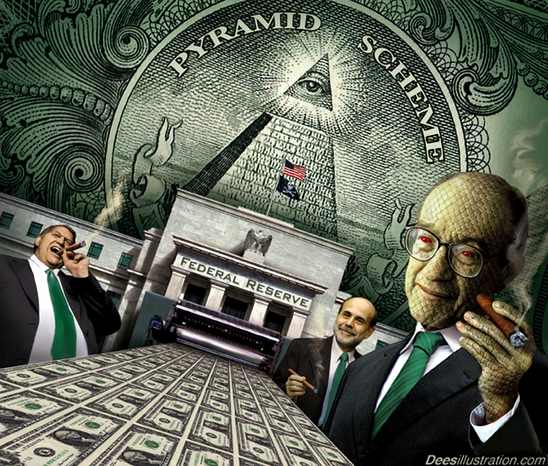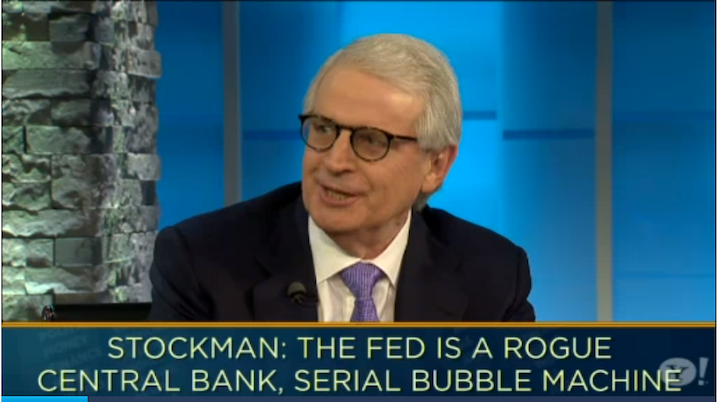
President Obama’s legacy will include many stigmas when it comes to finance and economics, but perhaps no more so than his administrations policy of ‘too big to jail’. Coined first by the former Attorney General Eric Holder (who was a Wall Street lawyer and went back to Wall Street at the end of his tenure), this policy has allowed banks to defraud the public for trillions of dollars over the past eight years.
And the newest farce of the justice system occurred on March 22 when a U.S. Magistrate gave a now former Goldman Sachs employee a slap on the wrist for committing fraud by receiving and passing on insider information from the Federal Reserve that was used for profit prior to its public disclosure by the central bank.
As we predicted one week ago, and as Bloomberg reported moments ago, Rohit Bansal avoided prison time, and instead was sentenced to two years’ probation after pleading guilty to a misdemeanor. U.S. District Judge Gabriel Gorenstein at a sentencing hearing in Manhattan also ordered Bansal to perform 300 hours of community service and pay a $5,000 fine.
Rohit Bansal, who prosecutors said should get as long as a year in prison, pleaded guilty last year to obtaining about 35 documents on about 20 occasions from his friend Jason Gross, who was employed at the New York Fed, according to a settlement last year between New York-based Goldman Sachs and the New York Department of financial services. - Goldman Sachs
Front running vital information in the age of high frequency trading can mean 10’s if not 100’s of millions of dollars worth of winning trades before the public has any idea in what direction policies, or markets will go when agencies like the Fed provide important updates.
Goldman’s front running the central bank goes back at least to 2010 when in a memo they informed their clients to trade prior to Federal Reserve announcements based on positive knowledge of what direction the market would go. And this simply validates that if punishments for fraud are not strong enough to be a deterrent, the banks will simply continue to pay minor fines and reap in billions knowing that the system will let them get away with it.
Kenneth Schortgen Jr is a writer for Secretsofthefed.com, Examiner.com,Roguemoney.net, and To the Death Media, and hosts the popular web blog, The Daily Economist. Ken can also be heard Wednesday afternoons giving an weekly economic report on the Angel Clark radio show.



